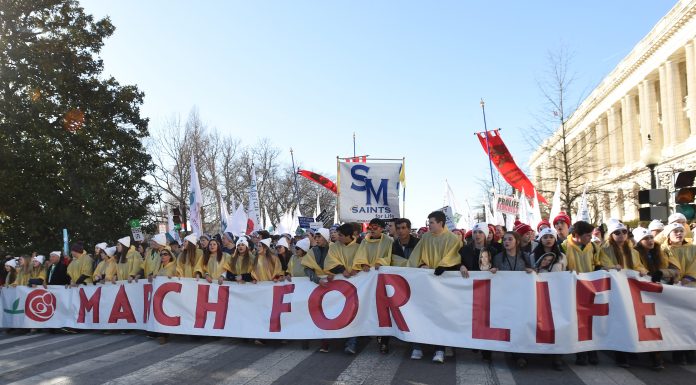Column by Cindy O’Connor
In the summer we spend more time outdoors than inside our homes. Popular seasonal activities include hiking, biking, swimming, kayaking, fishing and camping.
Backyards, patios, community pools, state parks, beaches, and mountains are transformed into our summer living spaces. Tents, canopies, umbrellas are used as shelter from too much sun or summer rains.
Meals are cooked over gas and charcoal grills or in smoker units. Nothing beats a hot dog or smores over a fire!
During your favorite ‘outdoor living’ adventure, have you ever considered what challenges there are for persons who are homeless due to unforeseen circumstances and live outdoors all year long?
I recall that once on a drive towards Pittsburgh, our second son, then about four years old, read the words out loud: OUTDOOR LIVING, which were on a sign attached to a building of a “big box” store. Innocently, he then asked us if that was where homeless people lived.
His question totally made sense to him. He thought it was a special place for them exclusively. The inquisitive mind of a child is so amazing and often makes us chuckle, but we often overlook the divine message that we are to embrace within our hearts.
People experiencing homelessness must worry about the weather, no matter the season. Summer presents unique challenges, primarily related to extreme heat causing dehydration and heat complications. The unhoused population are at a higher risk and vulnerable to heat-related illnesses. Other challenges, such as finding a safe, cool place to rest and manage food (if lucky enough to have) from spoilage due to no refrigeration, all these factors can be stressful for an individual living in the tyranny of the moment.
Some things to think about during your next walk or hike, look around to see what spaces and places you would consider sleeping for the night if you had to, tentless of course.
At the beach there are outdoor showers and hoses for us to get the sand off our feet and legs; how would you feel trying to find a place where they offer showers in your town? Isn’t that a humbling and intimidating thought.
There are blessings of community kitchens and churches that offer weekly meals for many vulnerable populations. An example of an on-the-go food option for those living outdoors could include a tuna pouch, a single serving of canned pasta (eaten cold) and reduced bakery items that are offered at local pantries.
Regardless of whether we are planning a day trip or a week, we must plan all the items needed to have a good time, such as coolers, canopies, tents, food, paper products and so on. Would all the necessary items you would like to take for your outdoor adventure fit in a backpack? This is what our neighbors who live on the streets have (if they are lucky to have one) and not always the high-end backpack, a simple, modest backpack.
Street ministry efforts of Catholic Charities provide basic needs and resources to those in need as we have available. We pride ourselves on putting people first by addressing our struggling neighbors by their name. We ask how they are doing, smile and acknowledge that it is nice to see them.
Treating someone with kindness and not focusing on their current situation allows us to be empathetic, not displaying sympathy. It also allows us to demonstrate mutual respect and human dignity towards the hopeless.
Catholic Charities is the human service organization representing the diocese. Daily we do our best to assist people in need. We do what we can with what resources are available to us to serve the underserved throughout our diocese.
In this Jubilee Year (2025) we are called to be welcoming and to bring hope to others. How can you be “part of the solution” to help the many being challenged and have a loss of hope? Become an Ambassador of Hope to the young, a single parent you know, the unhoused person that walks near your home or the senior that has no one to check in on them.
We invite you to participate in a workshop regarding ministering to the poor. The informative sessions will provide opportunities for parish social justice causes, families and individuals who want to learn more about the causes of poverty, what boundaries are needed, and what resources are available. Please visit the following link to learn more and register: https://forms.office.com/r/UkPK2GJw0d
Cindy O’Connor is the Executive Director of Catholic Charities of the Diocese of Altoona-Johnstown.































